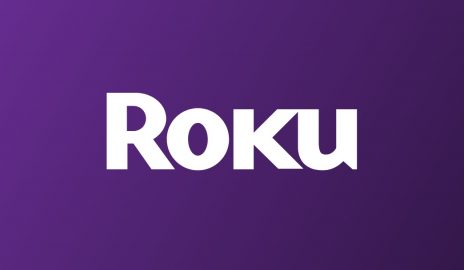SAN FRANCISCO – California Attorney General Rob Bonta has announced a $700 million multi-state settlement with Google resolving allegations that the company violated state and federal laws by monopolizing the Android smartphone application market. The settlement in State of Utah et al. v. Google LLC provides significant monetary returns to California consumers and includes injunctive terms to open up the markets to competition and prevent Google from further engaging in anticompetitive conduct. The settlement, which is subject to court approval, provides $700 million in recovery for the coalition represented by 53 attorneys general.
The lawsuit was led by the Attorneys General from California, North Carolina, Utah, Tennessee, and New York and includes the attorneys general of all 50 states, the District of Columbia, and the territories of Puerto Rico and the Virgin Islands.
“Google took advantage of Android phone customers by limiting consumer choice and capitalizing on commissions for in-app purchases, all while limiting alternative ways to download apps. Google’s anticompetitive behavior hurt consumers by limiting their options, inflating prices on in-app purchases, and creating an unfair marketplace designed to funnel ill-gotten profits back to the company,” said Attorney General Bonta. “Today we are taking an important step to put a stop to this anticompetitive conduct and provide restitution to consumers harmed by Google’s monopolization of the Android App market. This settlement sends a clear message: The California Department of Justice is committed to protecting consumers, holding industry accountable, enforcing antitrust laws, and ensuring a fair and competitive market.”
Google will pay $630 million in restitution, minus costs and fees, to consumers who made purchases on the Google Play Store between August 2016 and September 2023 and were harmed by Google’s anticompetitive practices. Google will pay the states an additional $70 million in penalties, fees, and costs. People eligible for restitution do not have to submit a claim – they will receive automatic payments through PayPal or Venmo, or they can elect to receive a check or ACH transfer. More details about that distribution process to consumers will be forthcoming.
The multistate coalition of attorneys general sued Google in 2021 alleging that Google unlawfully monopolized the markets for Android app distribution and in-app payment processing. Specifically, the states claimed that Google signed anticompetitive contracts to prevent other app stores from being preloaded on Android devices, bought off key app developers who might have launched rival app stores to the Google Play store, and created technological barriers to deter consumers from directly downloading apps to their devices. The states announced a settlement in principle on September 5, 2023, and last night released the terms of that deal.
The settlement requires Google to cease its anticompetitive conduct and open the markets to competition. Under the terms of the settlement Google will:
- Give all developers the ability to allow users to pay through in-app billing systems other than Google Play Billing for at least five years.
- Allow developers to offer cheaper prices for their apps and in-app products for consumers who use alternative, non-Google billing systems for at least five years.
- Permit developers to steer consumers toward alternative, non-Google billing systems by advertising cheaper prices within their apps for at least five years.
- Not enter contracts that require the Play Store to the be the exclusive pre-loaded app store on a device or home screen for at least five years.
- Allow the installation of third-party apps on Android phones from outside the Google Play Store for at least seven years.
- Revise and reduce the warnings that appear on an Android device if a user attempts to download a third-party app from outside the Google Play Store for at least five years.
- Maintain Android system support for third-party app stores, including allowing automatic updates, for four years.
- Not require developers to launch their app catalogs on the Play Store at the same time as they launch on other app stores for at least four years.
- Submit compliance reports to an independent monitor who will ensure that Google is not continuing its anticompetitive conduct for at least five years.
A copy of the settlement is available here.



